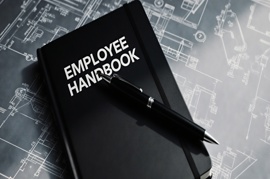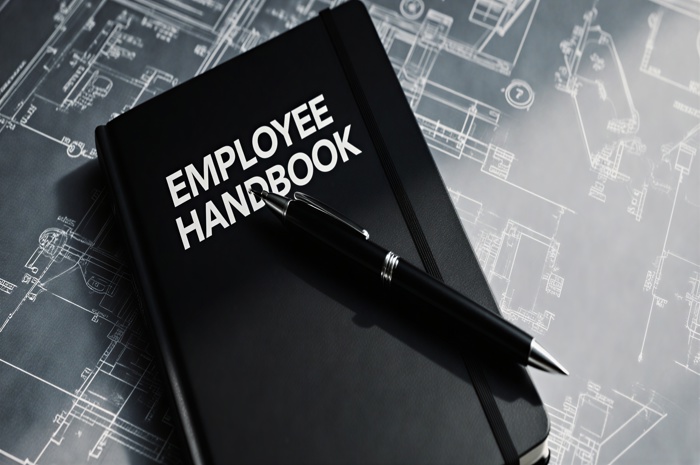What is PAYE?
PAYE is an acronym for Pay As You Earn. Pay As You Earn is the system that most individuals will pay their Income Tax through. Employers and Pension providers use the PAYE system to deduct any Income Tax and National Insurance Contributions from wages or pensions before they are paid to the individuals.
When Should I Register for PAYE Services?
A company would need to register for PAYE services if any employee of the company meets any of the criteria which have been set by HM Revenue & Customer (HMRC) for the current tax year, starting 6th April 2024. The criteria which dictate whether a company must register for PAYE services are whether its employees:
- Are paid £123 or more per week
- Receive expenses and company benefits
- Receive a pension
- Have had another job
- Have received Jobseeker's Allowance, Employment and Support Allowance or Incapacity Benefit
If a company does not meet any of the criteria they would not need to register for PAYE services, although it is still expected that the company keeps records of its payroll.
A company should register as an employer before its first pay day or as soon as it employs its first individual who meets HMRC's criteria. HMRC advise that it can take up to 30 working days for the company to receive its employer PAYE reference number. Though it should be noted that a company is not able to register more than 2 Months before it starts paying its employees.
How to Register for PAYE Services?
There are several steps which a company should follow in order to register for PAYE services and to start growing its team. These steps are clearly outlined below to help your company register as stress-free as possible:
- A company must first Register as an Employer to receive its PAYE Reference Number (also known as Employer Reference Number) with HMRC and attain a log in for PAYE Online services. This can be done through a company's Government Gateway account, you will need to create one if you have not already done so.
- The company should then choose a HMRC approved payroll software. This would be used to record employee's details and to calculate their pay and deductions. This software can then be used to report directly to HMRC
- Collect the employees details which are required by HMRC
- Inform HMRC about the employees of the company - when doing this you would need to find out whether the employee has to repay a student loan
- Record the pay and make relevant deductions then report to HMRC on or before the first payday
- Pay the tax and National Insurance owed to HMRC
What Details Do HMRC Require From Each Employee?
When a company uses a payroll software it would need to get information from its employees (as stated in step 3 above) in order to accurately and effectively use its payroll software. The following information would need to be collected from each employee:
- National Insurance Number (NI)
- Title
- Surname or Family Name
- Forename
- Date of Birth
- Gender
- UK Postcode
- UK Address or Foreign Country Address
- Their employer assigned payroll ID
An employer may also need to be informed if the employee has another job, a pension which they are being paid or if the individual has any employment and support allowance, jobseekers allowance or incapacity benefit. This information should all be passed on to your employer and if any changes occur to any of these an employee should inform their employer immediately.
HMRC provide a great help page which confirms all the information which would be required when filing a company's payroll. You can find this page through this link here.
Why Does a Company Need a PAYE Reference Number?
A PAYE reference number is essential for company's that wish to pay salaries and contribute to the pensions of its employees. HMRC uses each company's unique PAYE reference number to identify when company's are filing their payroll information. Each reference number is used by HMRC to collect Income taxes & National Insurance.
A PAYE reference number would also allow you to use payroll software. Using a payroll software will make calculating and deducting an employees Income Tax & National Insurance significantly easier. You can also use a payroll software to deduct student loans from employees who are eligible to repay as well as making pension contributions to those who are part of the company's pension scheme.
Want Some More Info?
If you are looking for more information on starting a business please take a look through our Knowledge Base where you can find plenty of articles, ranging from Returns a Company Should Make Each Year to Forming a New Company. You can form your new company now by visiting Easy Digital Company where we can incorporate your business today.





















